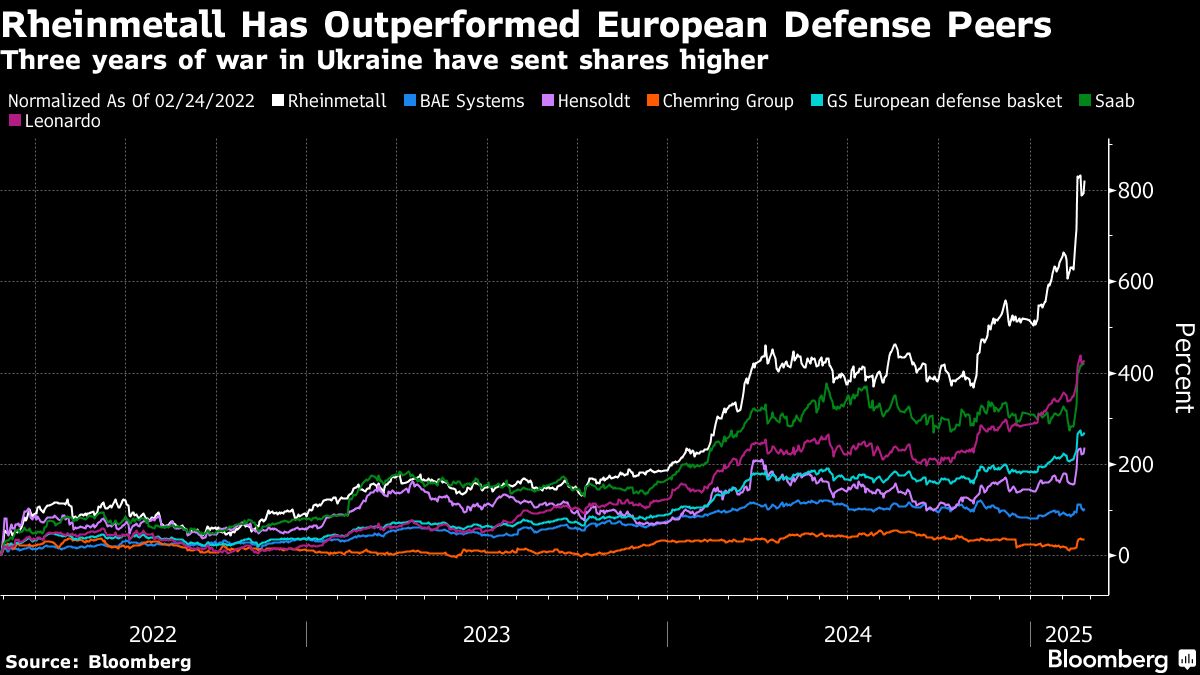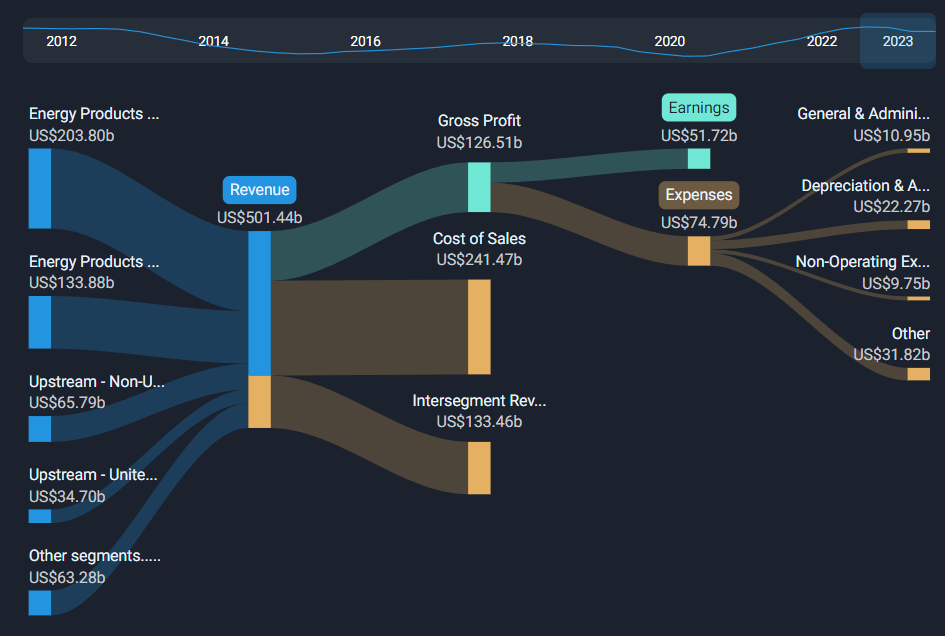Crypto Cash Machines: When Bitcoin's Past Echoes Wall Street's Darkest Chapters

In a powerful collaboration, Joint Center President Dedrick Asante-Muhammad and Better Markets President Dennis Kelleher have shed light on a critical financial issue through a compelling op-ed in the Financial Times. Their piece zeroes in on the GENIUS Act and the concerning proliferation of Bitcoin ATMs in vulnerable communities.
The authors highlight a troubling trend: Bitcoin ATMs are disproportionately concentrated in minority and low-income neighborhoods, raising serious questions about financial equity and predatory financial practices. By strategically placing these machines in Latino, Black, and economically challenged areas, these ATMs potentially exploit communities that may have limited access to traditional banking services.
Their op-ed serves as a critical examination of how emerging financial technologies can inadvertently perpetuate economic disparities, calling for greater scrutiny and regulation of these digital financial platforms. The piece underscores the importance of protecting vulnerable populations from potentially exploitative financial mechanisms.
By bringing this issue to the forefront of national discourse, Asante-Muhammad and Kelleher are advocating for more responsible and equitable financial innovation that genuinely serves all communities, not just select segments of society.








